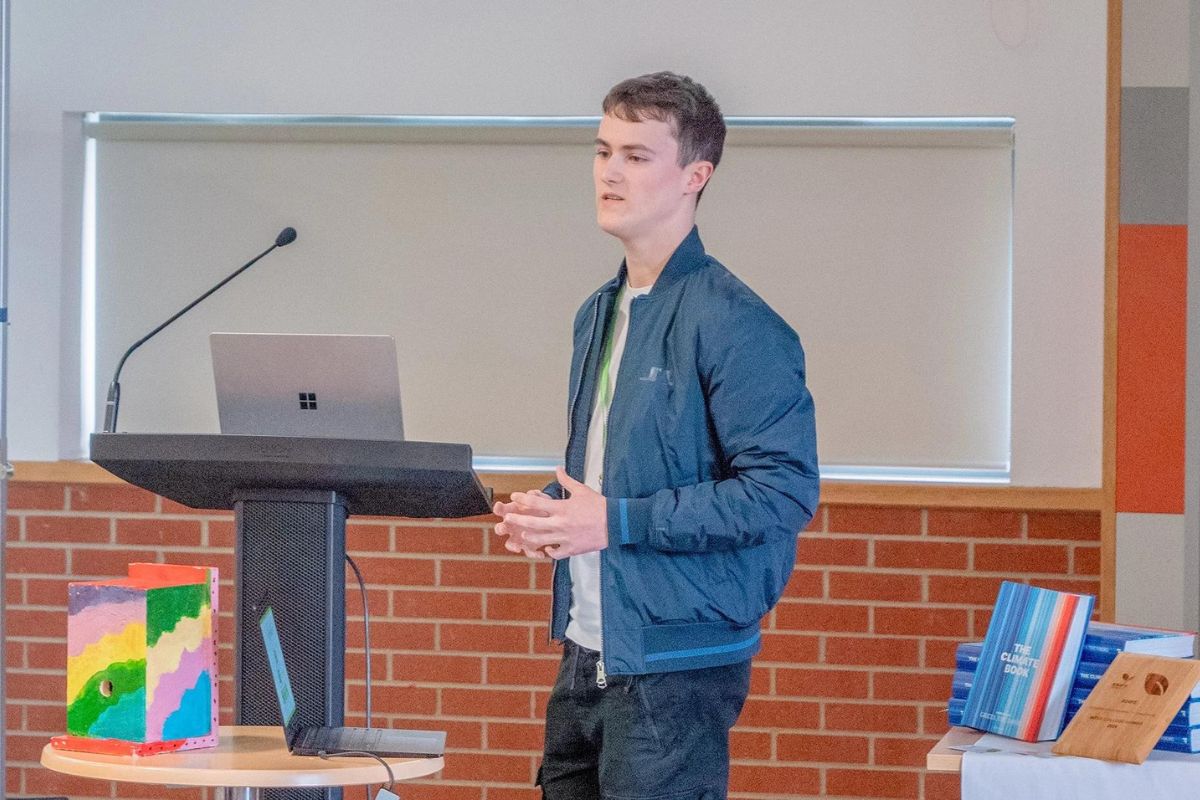COP26: School leaders highlight deadly consequences of ignoring car-led school run
As #COP26 brings increased attention to the UK’s role in solving the global climate emergency, new research reveals that calls from school leaders to overhaul the daily school run, responsible for a quarter of daily rush-hour traffic, may be going ignored.
According to a nationally-representative survey of 250 school leaders, conducted by school transport technology specialist Kura, nearly a quarter of school leaders (22%) have raised concerns around the level of toxic car fumes around their school. Two in five respondents (40%) also highlighted traffic congestion around their school gates as a problem, with a further 32.8% expressing concern that traffic levels around their school each day is both a regular annoyance and a safety risk.
Calls for more to be done to drive a more environmentally-friendly school run have been driven by increasing demands from school leaders, pupils and parents. A separate national survey of 1,000 parents, also commissioned by Kura, revealed that over half (53%) of parents would like their child’s school to be doing more to prioritise sustainability and green initiatives, with a further 49% reporting that their children feel the same way.
More promisingly, school leaders do predict a greener future for the school run in the years to come. More than a third (36.8%) of schools across the country now believe that the coming decade will see more pupils walking and cycling to school, as pupils look to avoid public transport and the toxic impact of polluting, low-occupancy car journeys.
In conjunction with investment into electric vehicles (EVs) having been announced during COP26, school leaders also predict a significant rise in electric vehicles on the daily school run over the coming decade, with nearly half (45.2%) asserting electric vehicles, such as zero-emission school buses, to be the future of school transport.
These zero-emission ambitions have been matched by action from many forward-thinking schools, with 21.6% of schools reporting having already put in place investment plans in this area, and a further 18% planning to invest in electric vehicles for their transport fleets over the coming years. But cost and a lack of charging infrastructure remain the main barriers to change.
Only a sixth of respondents (16.4%) reported that they believed that more environmentally-friendly shared transport, such as school-managed coaches and minibuses, would rise in prominence – a concern given that one 49-seater coach equates to 31 cars taken off the roads. However, schools have also been working towards making shared transport a safer, more attractive option for their pupils, with a fifth of schools (20.8%) having invested in additional contact-tracing technology to improve infection control on the daily school run.
Godfrey Ryan, CEO of Kura, said: “A noticeable absence from the COP26 transport action plan has been how we can create in the short term a more environmentally-friendly school run for our children. This is a dangerous misstep, given that the daily school run remains a major contributor to toxic emissions around the school gates, crippling traffic congestion on the roads, and school staff having needlessly lost thousands of hours on outdated manual processes.
“We hope post COP26 that councils and schools give long-overdue attention to the need to overhaul school travel, which has remained largely unchanged for decades. With the right intent and action from the powers-that-be, we could be on the cusp of a technology-led revolution in schools in the years to come, with one much-needed area of improvement being safer, greener, smarter school transport for all.”












Responses